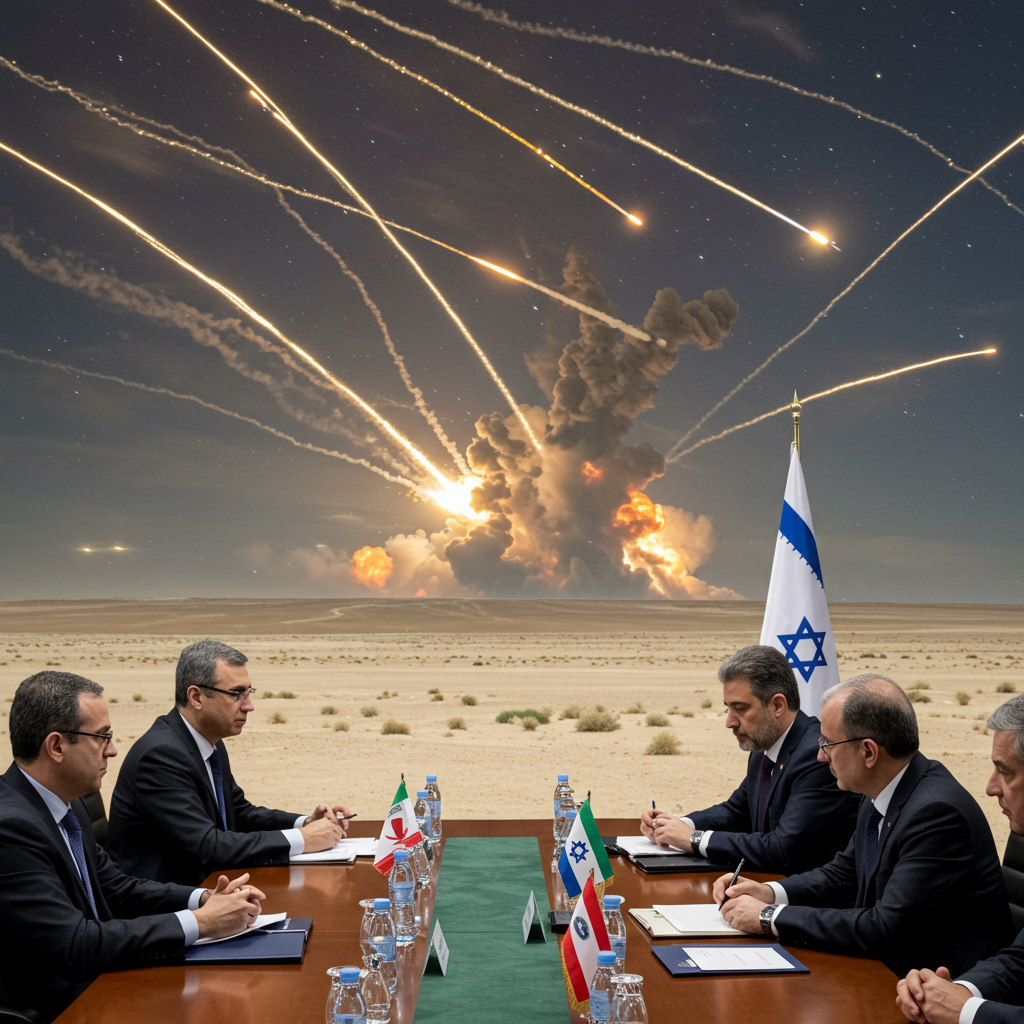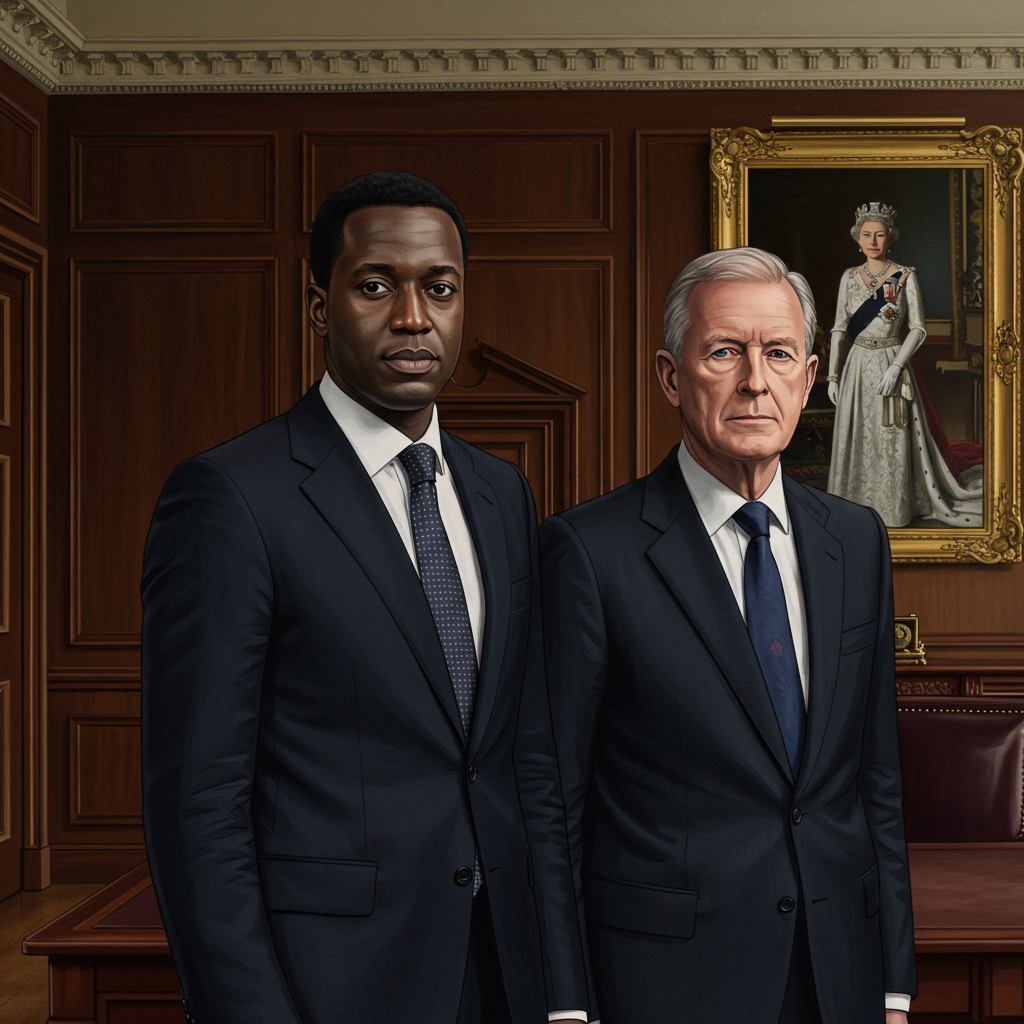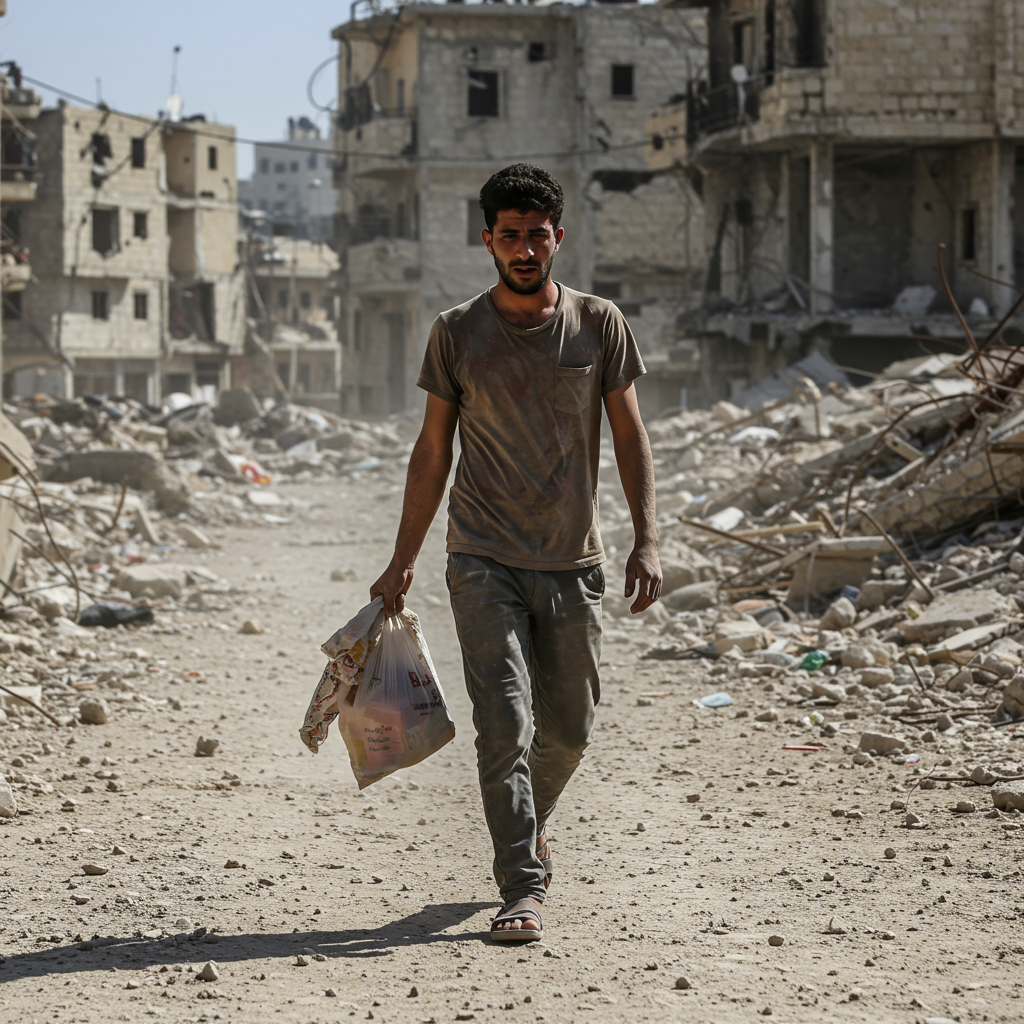Middle East tensions flared dramatically as Iran launched a new barrage of missiles at Israel on Friday, causing injuries and damage. The strikes intensified the week-old conflict, even as European diplomats attempted to broker de-escalation in Geneva. Iran’s Foreign Minister made it clear that Tehran was not open to negotiations until Israel ceased its military actions, casting a shadow over diplomatic efforts.
This latest exchange follows extensive Israeli airstrikes across Iran earlier in the week. Dubbed “Operation Rising Lion,” these operations targeted key Iranian military and nuclear sites, including facilities linked to uranium enrichment and missile production. Israeli officials stated their goal was to roll back the Iranian threat, citing intelligence of a plan to destroy Israel. Targets reportedly included the Natanz enrichment site (damaging its underground hall), a facility for producing metallic uranium, laboratories, missile factories, and military command centers. Iran’s UN representative reported these Israeli strikes had caused significant casualties, claiming 78 deaths and over 320 injuries, predominantly civilians.
New Iranian Barrage Hits Israeli Cities
Friday’s Iranian missile attack struck several locations in Israel. The northern city of Haifa was significantly impacted, with reports of debris near impact sites and two people severely injured. Magen David Adom, Israel’s main emergency service, reported a total of at least 17 people wounded across the country, with three in serious condition. Fire and rescue teams were dispatched to seven locations in southern Israel where missile fragments fell. The repeated strikes forced residents in cities like Jerusalem and Beersheba to seek shelter.
Diplomacy Stalls as Iran Sets Conditions
Amidst the renewed attacks, European foreign ministers from Britain, France, and Germany, joined by the EU’s top diplomat, met with Iran’s Foreign Minister, Abbas Araghchi, in Geneva. The meeting was seen as a critical, last-ditch effort to prevent further escalation.
However, FM Araghchi publicly stated Iran’s firm position: “there is no room for talking until this aggression stops.” He also explicitly ruled out any direct talks with the United States, calling Washington “a partner in this crime,” though he indicated willingness to hear the European officials’ proposals. This stance significantly complicated diplomatic efforts focused on de-escalation and potentially reviving nuclear-related discussions.
Trump’s Delay Poses Israeli Strategic Dilemma
The timing of the Geneva talks and Iran’s posture coincided with a notable shift from Washington. US President Donald Trump announced he would delay a decision on potential direct American military involvement in Israel’s attacks for up to two weeks, allowing a window for diplomacy.
This decision reportedly dampened Israeli hopes for a swift resolution. Israel’s strategic objectives include dismantling Iran’s nuclear enrichment program, particularly the underground Fordo facility, which is believed to require powerful US munitions like the GBU-57 bomb to destroy. The delay forces Israel to weigh whether to wait for potential US support, straining its air defenses and economy, or attempt to strike such hard targets with its own, less powerful arsenal – a move analysts see as risky and potentially less effective. Prime Minister Benjamin Netanyahu has hinted Israel could act alone, but experts remain skeptical of its capacity to achieve the same results as the US.
Wider Impacts and Escalation Fears
The ongoing conflict has broader implications. Protests against Israeli actions were held in Tehran after Friday prayers, with demonstrators burning US and Israeli flags.
Regionally, fears of the conflict spreading remain high. While Iranian proxies like Hezbollah in Lebanon have largely remained on the sidelines, their potential involvement is a significant concern. US intelligence has noted Iran’s considerable missile and anti-ship capabilities, posing a threat to US assets and shipping routes like the Strait of Hormuz.
The conflict is also impacting global markets. Major oil producers in the Persian Gulf have reportedly ramped up exports, possibly hedging against potential disruption to shipping through the Strait of Hormuz, a vital energy choke point. This heightened activity comes despite rising insurance costs and freight rates in the region.
As fighting enters its eighth day, the trajectory of the Israel-Iran confrontation remains uncertain, navigating a dangerous path between military strikes, stalled diplomacy, and the potential for wider regional conflagration, dependent in part on the strategic decisions made in Jerusalem, Tehran, and Washington.




